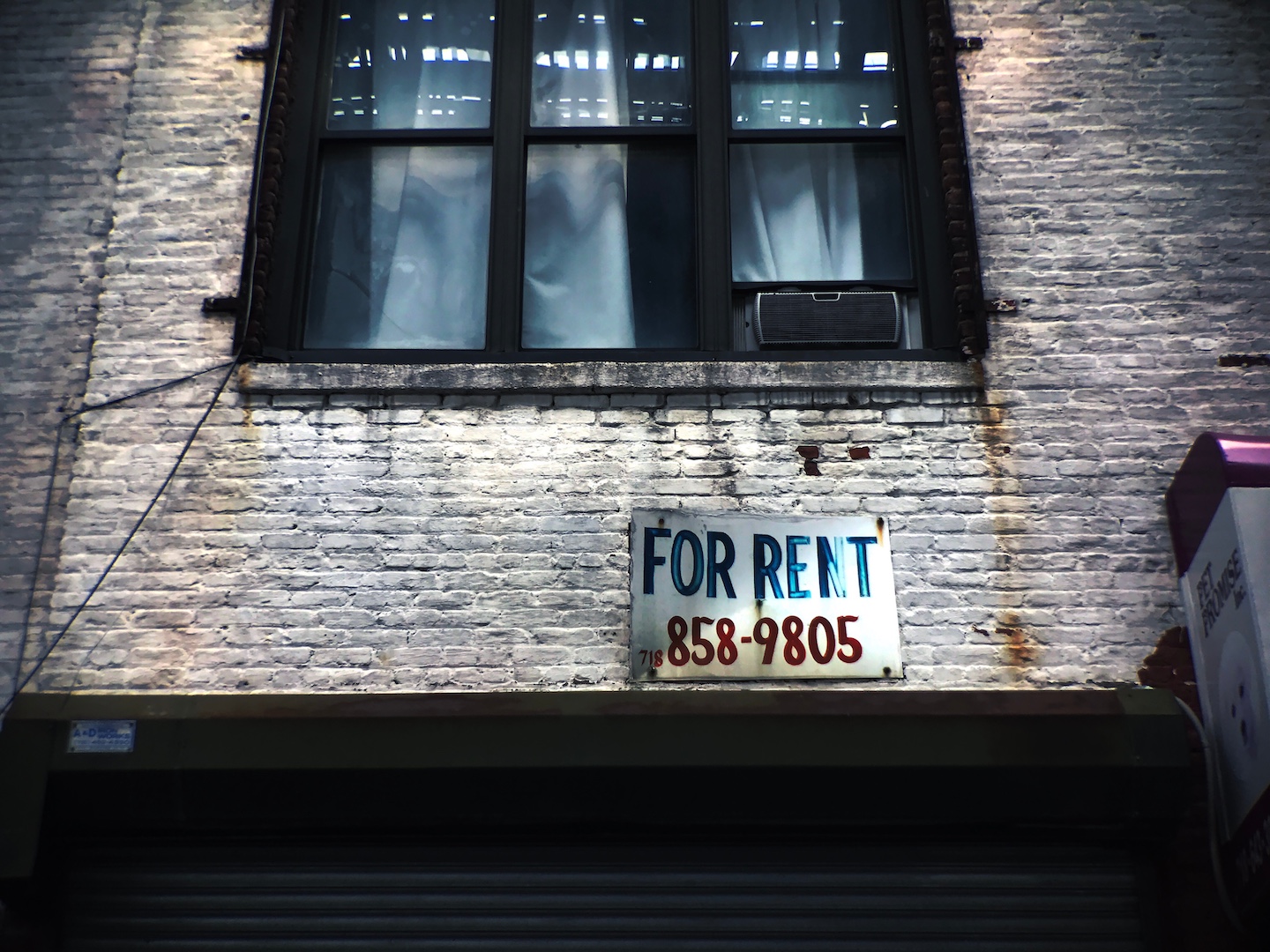Is Rent Control on the Horizon?
After the election in November it has become clear that the state-wide ban on rent control will likely be overturned in Oregon. For landlords, just the words “rent control” strikes fear through their hearts. In Portland, rents are finally leveling-off and the real estate market is generally cooling. Adding rent control measures will likely add volatility to an already un-certain market. However, it is important to keep in mind that there are often new opportunities when ill-advised sweeping changes occur.
The biggest question is what will rent control look like? Based on a recent article in the Willamette Week, one aspect of proposed restrictions on the rental market include rental caps of 7% plus inflation. Rent increase restrictions will not mean a collapse of the rental market. In fact, with the market currently cooling the effects of any new laws or ordinances in regards to rent increases might not be truly felt until the next market cycle. I don’t predict rents to increase much beyond inflation anywhere in the Portland-Metro area this year. Furthermore, if you are underwriting the purchase of a rental property and you are predicting 7% rent growth over the holding period, we need to have a serious talk about your blue-sky expectations.
For small-time landlords the most expensive cost of rental property beyond property taxes is turnover. In other words, vacancy is very expensive. And if a landlord owns say, 4-6 units, a unit being vacant for a month really cuts into their bottom line. If rent control creates a situation where many units in Portland are eventually rented at below market rents, the leasehold advantage of the tenant could become so much that there is an incentive to remain in a unit. Over time, these discrepancies between actual and market rents will grow ever wider and lead to less and less vacancy, thus eliminating some significant cost/downside risk to landlords.
Is rent control good for the tenants? Yes and no. It discourages home ownership and I would predict many renters will forgo purchasing a home since they have such a good deal on their rental. But the flip side is these tenants never get on the property ladder which is one of the few ways the middle class can build real wealth and stability.
I promise to follow what is happening in Salem and congruently what is happening in Portland in regards to rent control. I think Portland rental property will remain a great investment vehicle going forward. Some investors might get spooked and reposition themselves, so I’ll be watching multifamily inventory as things progress in Salem. I don’t blame investors moving to what many would consider safer markets, but Portland will likely remain a great rental property investment with or without rent control measures.
Want to know more about the opportunities I see in the investment market this year? Give me a call or shoot me an email. I see a very clear and profitable path forward.
The Power of Leverage
Most real estate transactions are leveraged. In other words, the purchaser is using a combination of their own cash with the balance coming from a bank in the form of a mortgage. It is often overlooked how important leverage is and why it is such a critical tool to build wealth. Your dream home may be out of reach now, but with a small real estate investment today, you will be well on your way to use leverage to work your way up the property ladder.
Here is how I turned $10k into $415k in only 6 years through the power of leverage:
I purchased a side-by-side duplex in 2012. My wife and I lived in one side and rented out the other. I used an FHA loan to purchase at $362,000, so I had to come out of pocket $12,670 as a down payment. At the time I purchased, both units were rented and I didn’t move in until 60 days after we closed. By the time we moved in I was out-of-pocket about $10,000 accounting for the collected rent.
Fast forward three years. My wife and I decided it was a good time to buy a new house with a little bit more yard and a bit more square footage. Since buying the duplex, we saw a lot of appreciation and we were able to pull out about $50K in cash via a refinance. We then used that cash as the down payment to purchase the house we currently live in. Fast forward again to today and we have a total value for both properties of about $1.25MM, and we owe the bank about $835K. If we were to sell both properties, we would walk away with $415K (not accounting for Realtor commissions, closing costs, etc. Luckily I know a great Realtor!).
Through the power of leverage, I was able to take $10K and turn it into $415K in six years. Not a bad return on investment! This demonstrates why it is so important for folks to get on the property ladder and how a person can grow significant wealth through real estate. Call me today and lets put a plan together to get you on a similar fast track to wealth!
I suppose this would be a good time to share a song I wrote back when I was shopping for my duplex. Enjoy!
Chloe Eudaly is Gunning for Housing Providers

I followed the Mandatory Renter Relocation Assistance ordinance closely when it was working its way through City Hall. The public testimony was the saddest part of the whole thing. Commissioner Eudaly and her Portland Tenants United group sat in the front row hurling insults, hisses, and disrespectful remarks as housing providers pleaded their case as to why this ordinance was a bad idea. It was nothing short of disgusting.

Well, the disgusting-ness continues. A proposal has been released that again targets “mom and pop” housing providers and would strictly limit their ability to screen tenants. According to the proposed language, a housing provider could not reject an applicant for reasons such as: running a meth house out of a previous rental home, not being able to afford the rent, having a history of breaking into neighboring units, or if a prior landlord said they were abusive to neighbors.
Frankly, the proposed language has so much administrative ins-and-outs that I can’t imagine many housing providers being able to navigate it. The way it currently reads, most small-time housing providers would need to hire a lawyer or a third-party property management company to be able to comply fully and not get sued down the road.
Lawyers and property managers are not cheap, and most rental property yields are not high. I could see this proposal making some rental property just not feasible, especially at the lower-end of the market.
What is the end goal of all these proposed changes to landlord/tenant law? I think there is a concerted effort to eliminate small-time housing providers from the Portland market. The typical profile of most housing providers in Portland are retirees, teachers, police officers, postal workers, nurses, and other middle-class occupations. It is not politically prudent for elected officials to go after these folks. So under the guise of going after big bad heartless institutional landlords (which would not be as affected by the most recent proposal and are fundamentally not affected by the relocation assistance ordinance), they are working at eroding the number of small-time housing providers that are in the market. Once they are gone the battle becomes between tenants and institutional landlords. That is a much easier target than the typical housing provider because these institutional landlords are faceless and their primary objective is profitability.
Real estate is an excellent investment for regular Joe’s and Nancy’s. It is a great way to build wealth over the long-term, especially for immigrants and middle-income folks. I don’t have a trust fund to depend on, but I have a lot of faith that my inner-southeast duplex will help me pay for retirement. It has outperformed my 401K since I purchased it with the added bonus of being a place for people to live. Whatever you do, don’t get lost in the rhetoric coming out of City Hall. These permanent policy decisions in response to temporary market conditions are dangerous.

 Facebook
Facebook
 Twitter
Twitter
 Pinterest
Pinterest
 Copy Link
Copy Link

